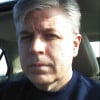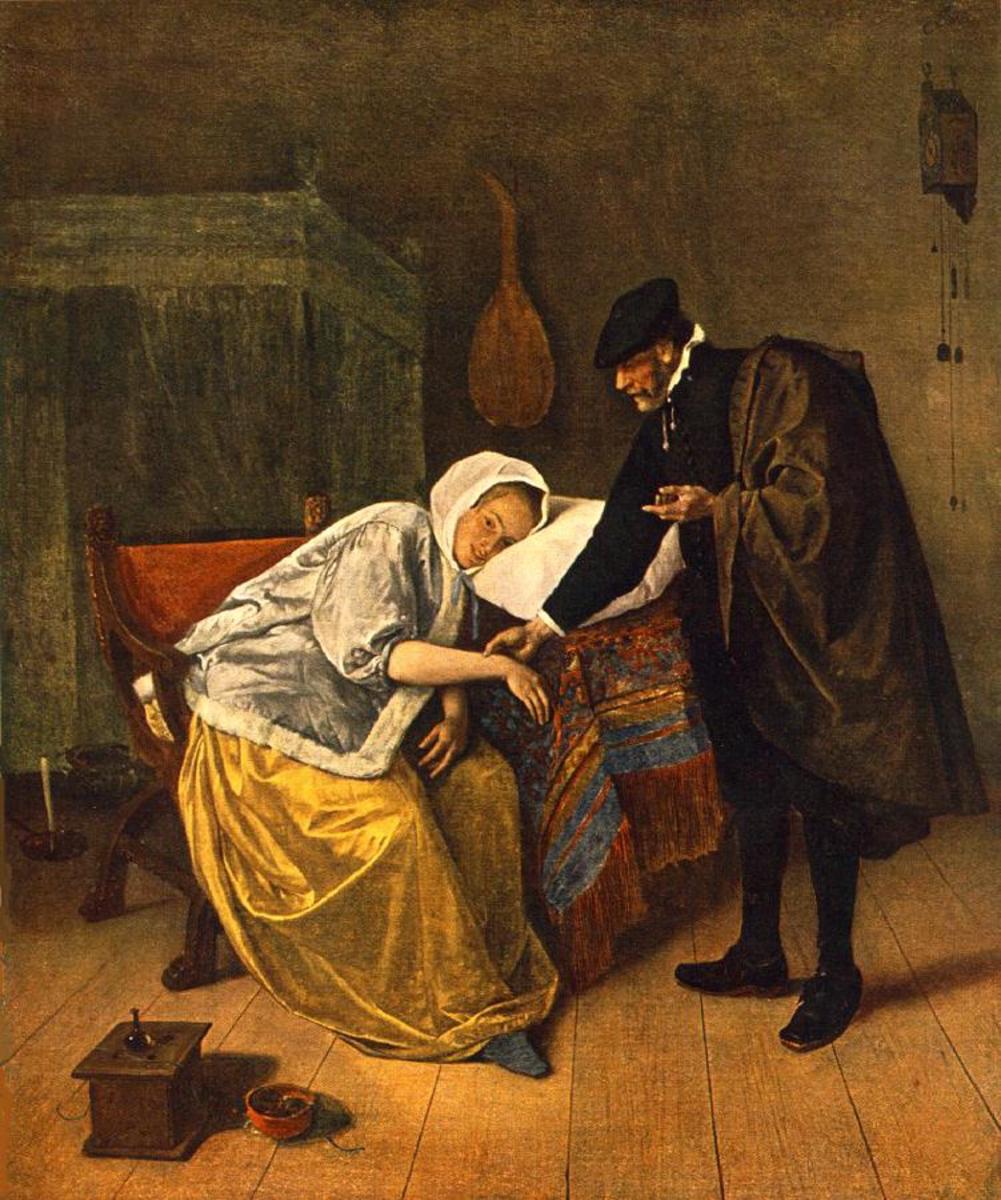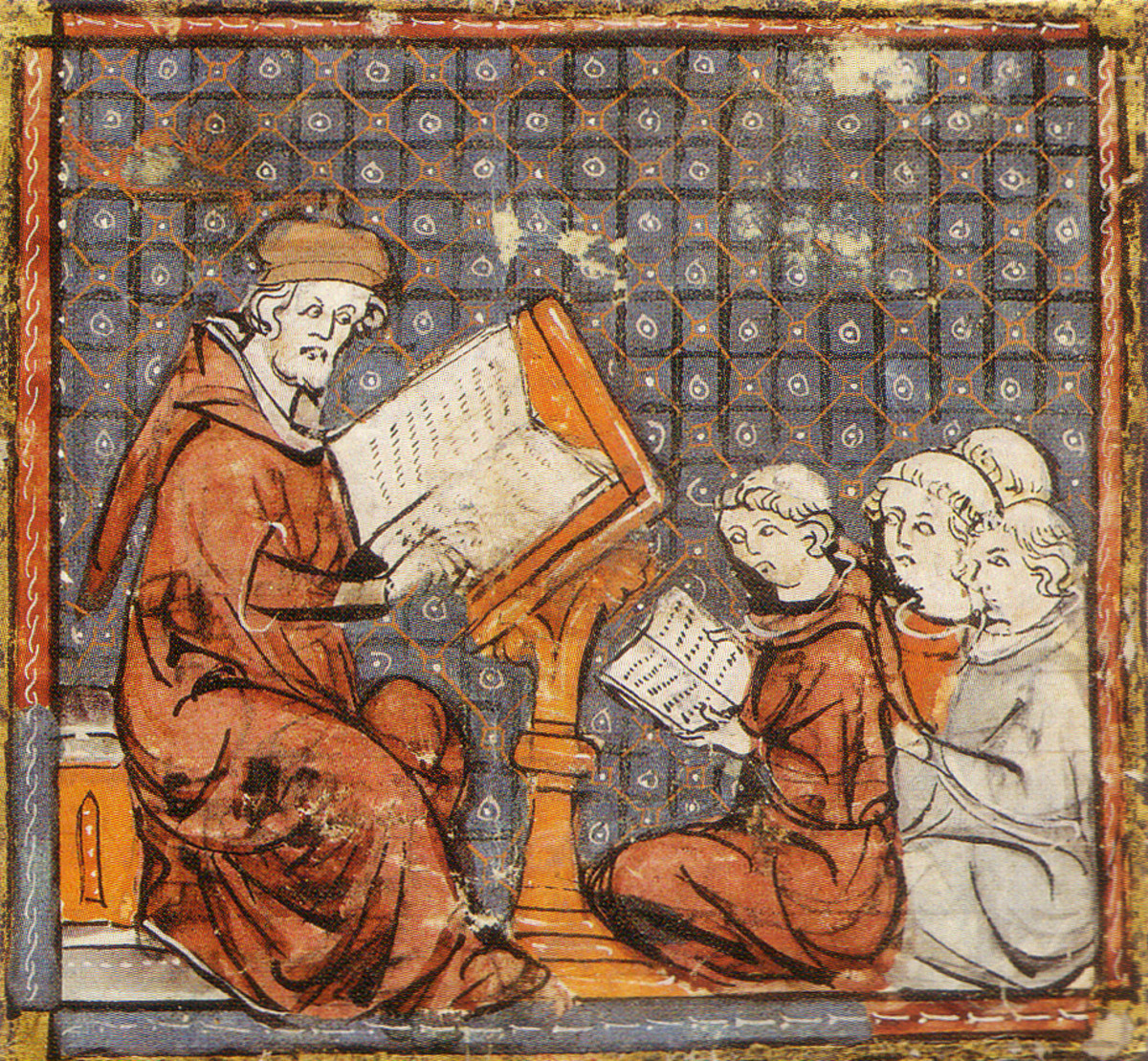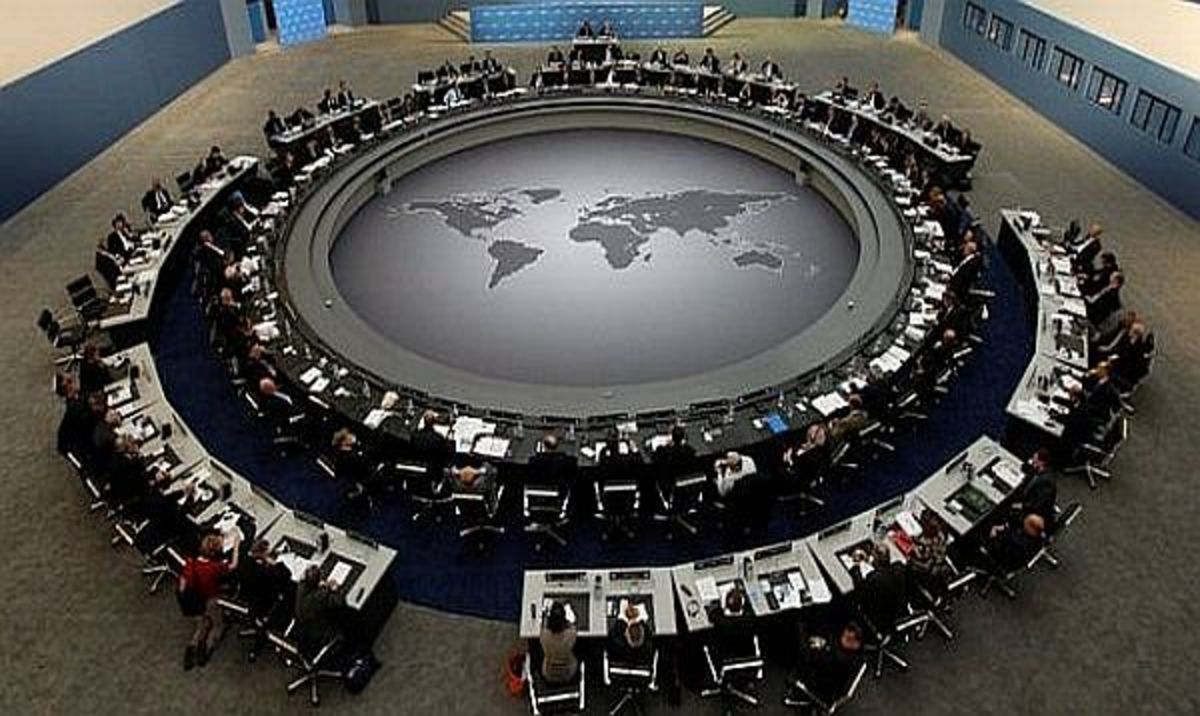Can Education Make a Politician a Statesman?: Churchill and Reagan
What role does education play in the making of a statesman? In one of the chapters of his book Greatness: Reagan, Churchill and the Making of Extraordinary Leaders, author Steven Hayward focuses on the educational background of Reagan and Churchill and concludes that it is not the formal education, but rather the “informal education” that should be the focus of those desiring to know what makes for a great leader.
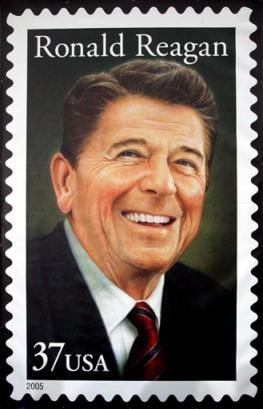
The Formal v. Informal Education
Of course, you probably already knew that formal college training does not a statesman make. After all, if training for political greatness was like training students to diagram sentences or perform calculus, we’d have more statesmen in office. As Hayward says, the difficulty in producing statesmen from formal training is due to “the difficulty of politics and the limitations of human character.”
Rather, Hayward says that it is not in their formal training, but what he calls their “informal training” which would consist of what they had both experienced and learned on their own. It's here that we can see some parallels between Reagan and Churchill on their path to political greatness.
As for their formal training, both Reagan and Churchill had a lackluster academic record. For Churchill, he was bright, but did poorly in those subjects that did not animate his mind. He went to Harrow, but someone commented that Churchill did not go through Harrow; rather, he went “under it.” Later, he went to Sandhurst (Britain’s equivalent to West Point), where he did better but still received low marks.
As for Reagan, he started out making high marks in school, but his grades later dropped. This may have been due to his father being itinerant which kept Reagan moving from one school to the next. Later, he went to Eureka College where he was an average student, being more interested in extracurricular activities than studies. In 1982 after becoming president, he returned to his alma mater to give the college’s commencement address. In what was, I’m sure, a statement that made every faculty member cringe, the former actor, governor, now president said, “And even now I wonder what I might have accomplished if I’d studied harder.”
But while the results of their formal education was unimpressive, their informal education is another matter. Hayward addresses two features of their informal education that reveal some interesting parallels: what they read and what they experienced.
The Formal v. Informal Education
Of course, you probably already knew that formal college training does not a statesman make. After all, if training for political greatness was like training students to diagram sentences or perform calculus, we’d have more statesmen in office. As Hayward says, the difficulty in producing statesmen from formal training is due to “the difficulty of politics and the limitations of human character.”
Rather, Hayward says that it is not in their formal training, but what he calls their “informal training” which would consist of what they had both experienced and learned on their own. It's here that we can see some parallels between Reagan and Churchill on their path to political greatness.
As for their formal training, both Reagan and Churchill had a lackluster academic record. For Churchill, he was bright, but did poorly in those subjects that did not animate his mind. He went to Harrow, but someone commented that Churchill did not go through Harrow; rather, he went “under it.” Later, he went to Sandhurst (Britain’s equivalent to West Point), where he did better but still received low marks.
As for Reagan, he started out making high marks in school, but his grades later dropped. This may have been due to his father being itinerant which kept Reagan moving from one school to the next. Later, he went to Eureka College where he was an average student, being more interested in extracurricular activities than studies. In 1982 after becoming president, he returned to his alma mater to give the college’s commencement address. In what was, I’m sure, a statement that made every faculty member cringe, the former actor, governor, now president said, “And even now I wonder what I might have accomplished if I’d studied harder.”
But while the results of their formal education was unimpressive, their informal education is another matter. Hayward addresses two features of their informal education that reveal some interesting parallels: what they read and what they experienced.
Reading
Both Reagan and Churchill were readers and both men read toward some end in mind. Churchill felt that the reading he had done in his formal education had not prepared him for public service. On his own, he began to read history, philosophy, and economics. He didn’t worry about whether the books that he read were “reputable” or not….“I had no one to tell me: ‘This is discredited.’” He read several books at a time and would read up to five hours a day. In history, he read Macaulay and Gibbon, considered two of England’s great historians. Churchill said, “A good knowledge of history is a quiver full of arrows in debate.” In philosophy, Churchill seems to have been attracted to Machiavelli’s The Prince . In economics, he read Hayek’s The Road to Serfdom, a book that appears to have shaped the thinking of both men.
Churchill was reading for reasons other than just greater erudition. He would read from the Annual Register (similar to the U.S. Congressional Record ). The Registercontains parliamentary speeches which Churchill would read and then create speeches of his own, responding to those speeches with “talking points.” When he was a war correspondent, his mother would send him newspaper clippings on political events taking place throughout the Commonwealth. He would read the facts and then write out what he thought about the event before he would read what others had said about it. Churchill does not seem to have been easily swayed by the opinions of others. John Colville said of Churchill “....of all the men I have ever known he was least liable to be swayed by the views of even his most intimate counselors.”
Like Churchill, Reagan also was interested in public speech. But while Churchill seems to have been more interested in public speech for the “debate” aspect (which makes sense for a parliamentarian), Reagan used speech as a vehicle to articulate his political philosophy. Reagan’s reading, then, seems to have been driven more by a desire to be better informed and articulate on beliefs he already possessed than he was interested in talking points for debating purposes.
The key event in formulating Reagan’s political philosophy was when he was a public spokesman for General Electric (GE). Reagan would travel the country and speak to the workers at GE plants. As he began talking to the company workers, he began to listen to the common working men and their views about economics. He would hear about the economic problems ordinary workers were having.
Reagan began to take an interest in economics, reading books on the subject, notably the works of classical liberalism. He read Hayek’s Road to Serfdom--probably the most important and Milton Friedman’s Free to Choose. And like Churchill he read Bastiat.
Both men were uninterested in whether or not what they were reading was expert knowledge. Churchill said “Expert knowledge, however indispensable, is no substitute for a generous and comprehending outlook upon the human story.” Like Churchill, Reagan didn’t care if his reading material was by “experts” or approved by them. It's probably this feature that's pivotal in explaining why both men stood out.
Both Reagan and Churchill were readers of history. Churchill once said that “the longer you look back, the farther you can look forward.” Churchill read history. He was intent on learning about his ancestor John Churchill, the Duke of Marlborough and wrote a four-volume work of his life. He also wrote a biography of his father, Randolph Churchill. As was already mentioned, he read the writings of British historians such as Edward Gibbon and Thomas Macaulay and tried to imitate their style of writing.
Reagan is not noted for being a heavy reader, but he did read. He usually didn't discuss the books he read. Some think that he thought it too showy. Once, the president’s media spokesman, Marlin Fitzwater, saw Reagan reading a “serious” book, one that would impress the cognoscenti. When Fitzwater asked if he could drop that tidbit to the press, Reagan said, “no.” According to Peggy Noonan, Reagan just didn’t care what people thought of his intellectual prowess. When intellectuals would chime in on “Reagan as Moron” Reagan would say things like that his favorite section of paper was the comics or that he liked to read Louis Lamour. He appears to have had little intellectual vanity that needed appeasing.
But Reagan did read history. He read on the history of war. Reagan knew that whenever a weapon was invented, it was usually followed by a defense against that weapon. The bow and arrow, for example, was followed by armor designed to protect against the arrow. Countermeasures were created after the invention of the missile. Reagan believed that it was only natural that we would work to create a defense against the nuclear weapon. In fact, it appears that some of the things Reagan read influenced his thinking about the possibility for a Strategic Defense Initiative which may have been the most important idea in rushing the Soviet Union to its demise.
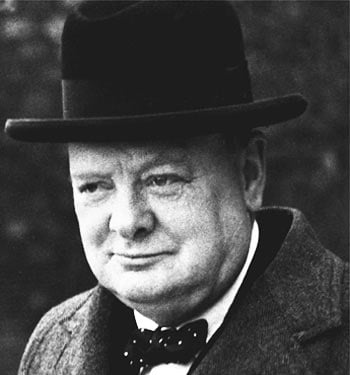
Experience
Both Churchill and Reagan enjoyed political success later in life. In fact, Churchill was the only member of the WWII government that had also been a member of the War Cabinet of WWI.
And both men had a bag of varied experience before they came to office. Before Churchill became prime minister he was a soldier in the Boer War, a war correspondent, member of parliament, a regiment commander, president of the Board of Trade, Minister of Munitions, Secretary of State for War and Air, headed the Colonial Office, twice First Lord of the Admiralty, Minister of the Home Office, and Chancellor of the Exchequer. In addition to the political and military career, he had a period called his “Wilderness Years” when he was out of office—these years were some of his most productive. He was the CEO of a company, wrote many books and articles (won a Pulitzer Prize in fact), and learned to paint. As for Reagan, he had been a lifeguard, sportscaster, actor, labor leader, spokesman for a major American company, and governor before he became president at the age of 69; Churchill was chosen prime minister at 65..
Also, both men appear to have learned from their experiences and this might be the most important element in explaining why we consider both men “great” in the political arena. While both men were not easily swayed from their opinions on issues, they appear to have been malleable when it comes to things they had experienced. This appears especially true with Reagan. Reagan had started out as a liberal that was “soft on communism.” However while the president of the Screen Actors Guild, he noted that the Marxists were both troublemakers and inflexible. These experiences moved Reagan to toward being a staunch anti-communist. It's likely that it was this belligerence toward Marxism that allowed Reagan to go toe-to-toe with Gorbachev during the 1980s and help bring about the demise of Soviet Communism.
In a more personal area, Reagan married actress Jane Wyman in 1940. However, the marriage ended in divorce in 1949. Reagan was stunned by the divorce and apparently determined that it would not happen a second time. Reagan’s marriage to Nancy Davis in 1952 was a marked contrast to his first marriage. Reagan appears to have been, in many respects, a model husband the second time around.
Application
These lessons from Reagan and Churchill have some applications for you as a leader:
- When you read, take notes and reflect on what you read. Get down on paper what you think about an issue before you quickly try to find out what others think.
- Make your reading work toward some purpose. Ask yourself, “what will be produced as a result of what I have read”?
- Read history. Your country has a context and part of that is history. Find past events and people that interest you. You don’t have to be interested in the eras of history that everyone else follows. If you don’t like the History Channel: Fine, don’t watch it. But latch onto some aspect of history and learn those lessons from the past that might better your condition in the here-and-now.
- Get a lot of experiences. Have a servant’s heart. Don’t say too quickly “I’m not good at that.” If you’re young, it’s likely that you don’t know all that you’re good at. Be willing to try. When you get older, you will focus more, but if you’re under 40, you still have a lot of experiences to put under your belt. President Lincoln said, “I will get ready and then perhaps my chance will come.” Lincoln spent a life of attempt and failure before he was ready to take the national stage.
If you went to college and graduated, congratulations. Your formal education just ended and your informal education has just begun.
© 2010 William R Bowen Jr
